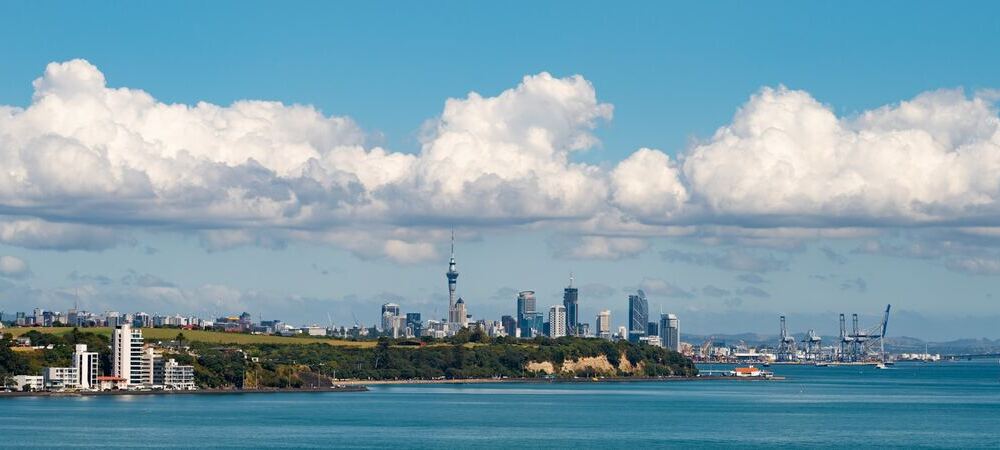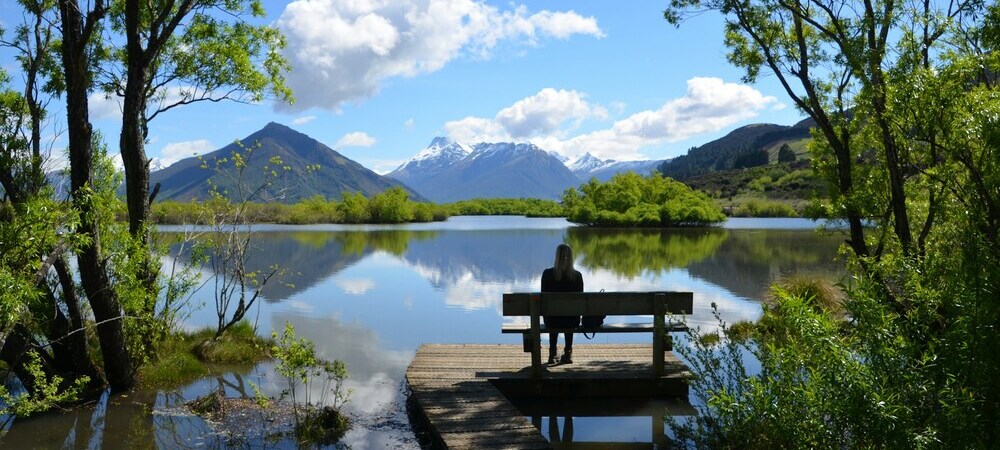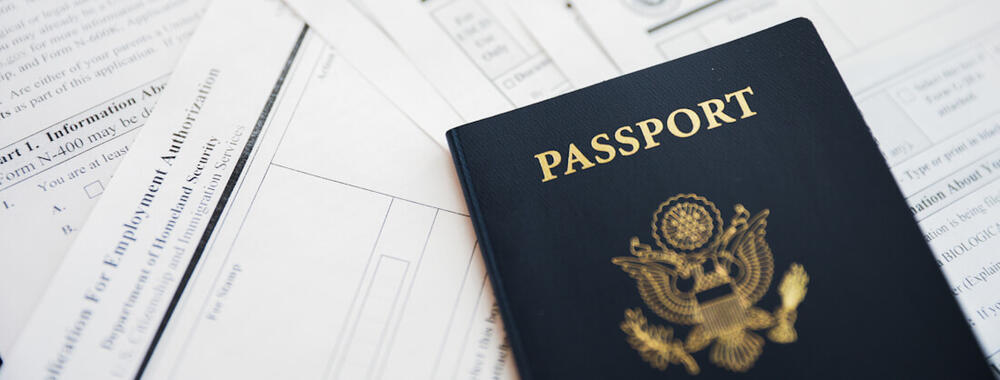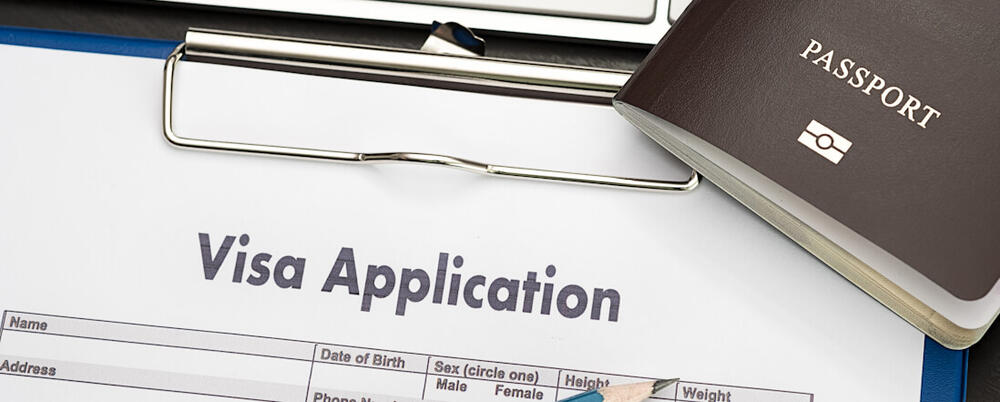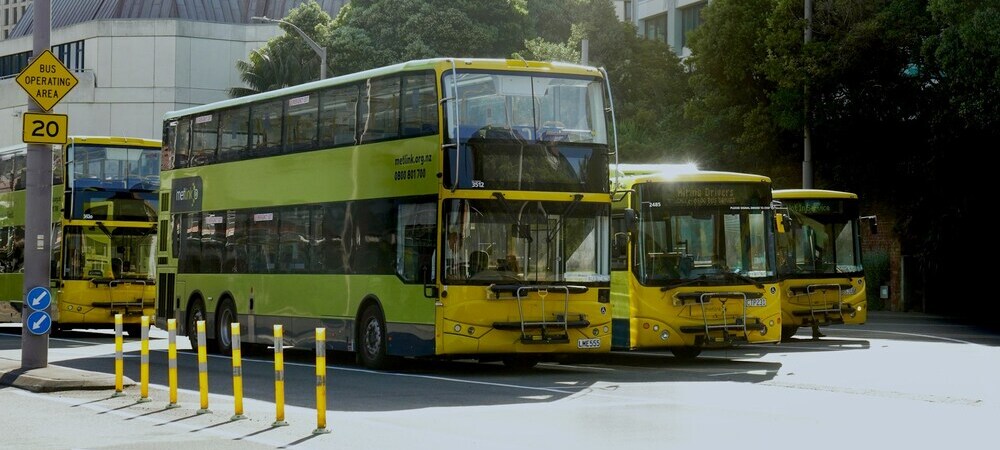Living in New Zealand as an expat
New Zealand is a stunning country located in the southwestern Pacific Ocean, consisting of the North and South Islands and several smaller islands. It boasts breathtaking landscapes that vary from snow-capped mountains and rugged coastlines to pristine lakes and lush forests, along with unique flora and fauna such as the Kiwi bird.
Despite its somewhat remote location, New Zealand offers a high quality of life, with well-developed healthcare, transport, and education systems, low crime rates and a friendly culture. The country also provides ample opportunities for outdoor activities, making it an attractive destination for tourists and expats alike.
While New Zealand lacks the economic might of larger countries, it has a growing economy and a positive outlook. As a result, there are plenty of job opportunities for expats with initiative, energy, and optimism. The New Zealand government welcomes prospective expats in a range of industries, provided that they have the skills and experience to benefit the local economy.
Expats in New Zealand may earn lower income levels compared to the US or the UK, but the comparatively lower cost of living offsets this difference – though it’s worth noting that it’s far from cheap to live here.
Auckland City Guide
Christchurch City Guide
Working in New Zealand
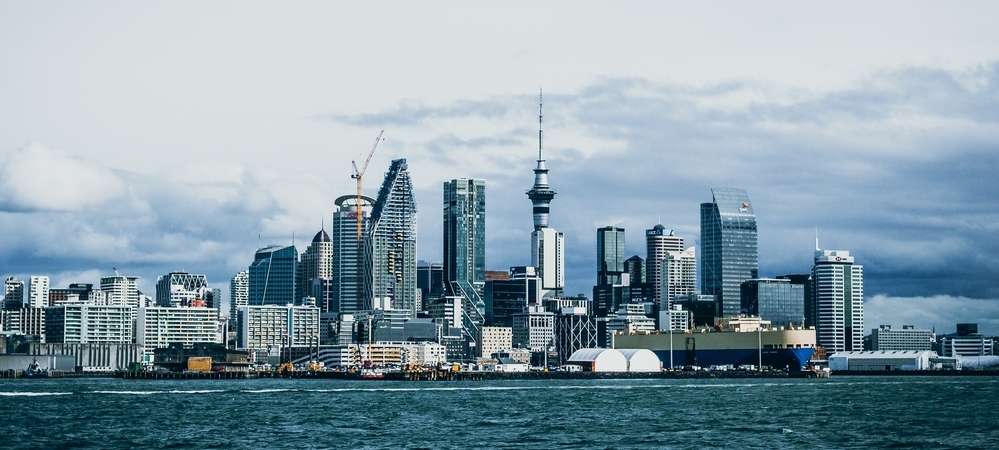
There are numerous opportunities for finding work in New Zealand. Skills shortages have created strong demand for experienced professionals in fields like agriculture, engineering, and construction. Working in certain professions, called Green List jobs, will even allow you to expedite the visa application process. New Zealand is also a welcoming country for investors and prospective business owners, offering both tax benefits and dedicated visa options.
Kiwi workplaces are typically progressive and inclusive – hierarchies are flat and communication is open between different management levels. Building personal relationships is important; expect to be invited to barbecues and sporting events by your coworkers.
Finding a Job in New Zealand
Visas and Residence Permits for New Zealand
Work Permits for New Zealand
Culture in New Zealand
New Zealand’s culture is a unique blend of its British colonial roots and the rich traditions of the indigenous Māori people. English is the official language, making integrating into the community easier for newcomers, while embracing local Māori customs offers authentic ways to connect with locals.
Though Kiwis tend to be warm and generous, especially toward families and children, their reserved, private nature means it can take some time to fully integrate into your local community.
Outdoor life and sport lie at the heart of everyday living in New Zealand – fishing, hiking, and boating are popular activities, but rugby is decidedly the favourite national pastime. Progressive values, like robust protections for LGBTQ+ rights, legal same-sex marriage, and easy gender-change processes, make New Zealand an attractive destination for expats from all walks of life.
This distinctive blend of natural beauty, active lifestyles, and inclusive culture creates a welcoming environment for those relocating to this remote island country.
Local Culture in New Zealand
Business Culture in New Zealand
Finding accommodation in New Zealand
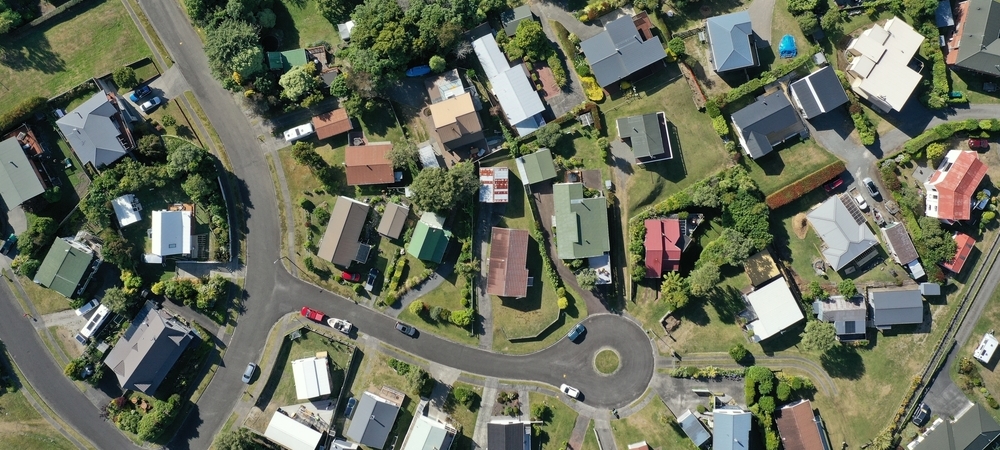
Finding accommodation in New Zealand is usually not too difficult, with a broad spread of rental properties on offer, ranging from city-centre apartments to freestanding homes in the suburbs or the countryside.
Even though many options are available, competition for quality accommodation can be high – be sure to apply for properties you like well in advance of your arrival in the country. Enlisting the services of your relocation company to aid in your home search is also an option.
Renting in New Zealand comes with some quirks. You’ll need to get used to the fact that rent in the country is charged on a weekly basis. Utilities, or so-called ‘outgoings’, are likely going to be for your account as well. If your employer offers an accommodation allowance, ensure that it is enough to cover all of your housing-related expenses.
Advice on Renting Accommodation in New Zealand
Accommodation in Auckland
Finding Expat Accommodation in Christchurch
Cost of living in New Zealand
The cost of living in New Zealand can be high, especially in Auckland, which is the commercial centre of the country and a hub for the majority of the population. Accommodation is expensive and, due to high import costs, so are groceries and general goods that are not locally produced.
The good news is that, though it can be a pricey place to live, people in New Zealand enjoy high living standards that most consider to be well worth the cost.
Cost of living in New Zealand
Living in New Zealand with children
Moving to New Zealand with family is especially popular with expats who want a fresh start and a better work-life balance. New arrivals are especially attracted by the good state-sponsored healthcare, low crime rates, a society that values children and the environment, and high-quality public education.
Healthcare and Medical Insurance in New Zealand
Finding a school in New Zealand
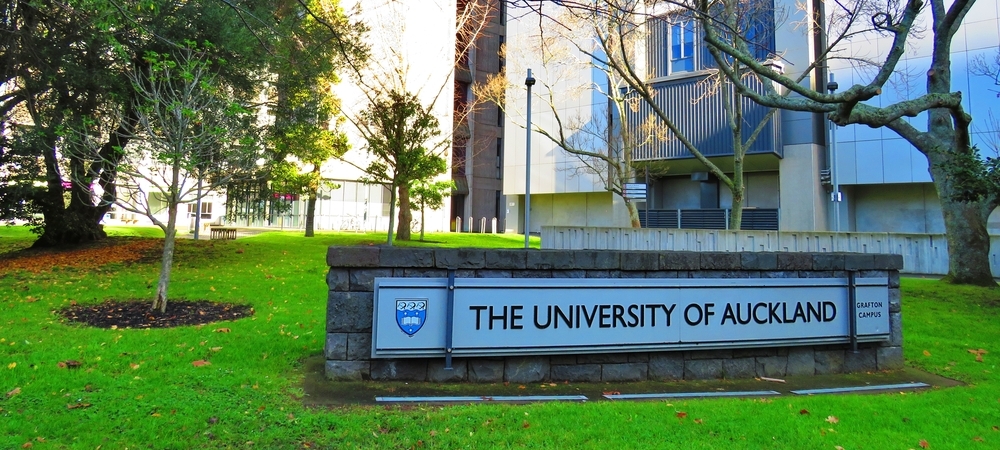
Schools in New Zealand rank among the best in the world, with a focus on practical learning, critical thinking, and creativity. Free, government-funded public schools come highly recommended, and award the internationally recognised NCEA (National Certificate of Educational Achievement).
Private and international schools are also popular with expats, and provide IB, Cambridge and American curricula. Choosing private education is ideal if you anticipate that your children will attend school in multiple different countries, or would prefer that your children continue the curriculum from their home country.
Schools and Education for Expats in New Zealand
Getting Around in New Zealand
Getting around in New Zealand is straightforward, thanks to a well-developed public transport network that includes buses, trains, and ferries. As the country is sparsely populated, public transport to and from remote towns can be intermittent.
Though not strictly necessary, owning a car in New Zealand is recommended. Roads are generally in good condition, and local drivers tend to follow the rules and be respectful of other road users.
Transport and Driving in New Zealand
Climate in New Zealand
The weather in New Zealand is largely pleasant – summers are warm, winters don’t get too cold, and there is a moderate amount of rainfall year-round. That said, there can be significant variation between the North and the South Islands, with the South Island decidedly being the cooler of the two.
You won’t need to worry about extreme weather in New Zealand; although cyclones can affect the country, they are relatively rare.
Climate Charts for New Zealand
Expats who commit to their new home and take advantage of the laid-back, outdoorsy lifestyle it offers are sure to find that New Zealand has the potential to be their ideal expat destination.
Fast facts
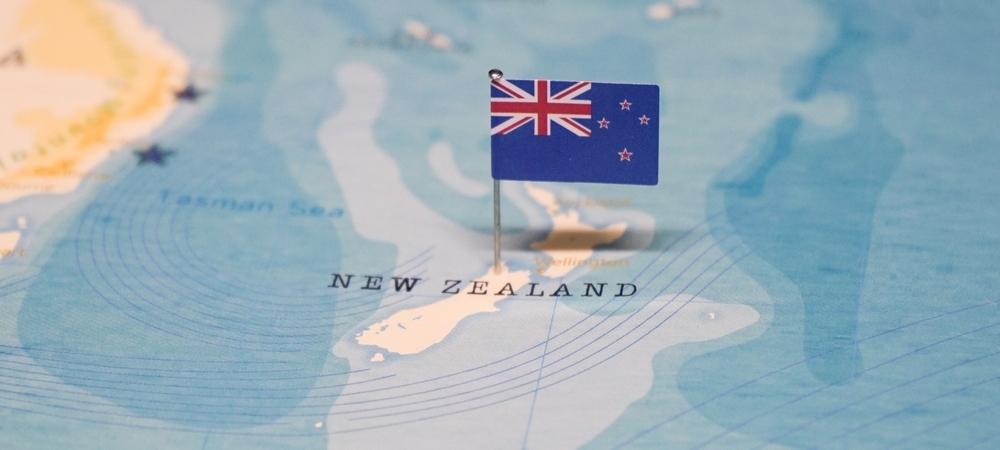
Population: About 5.1 million
Capital city: Wellington
Other major cities: Auckland (largest city), Christchurch, and Hamilton
Neighbouring countries: Although New Zealand has no direct neighbours, Australia is situated to the northwest, while Tonga and Fiji are two of the most prominent island countries to the north of New Zealand.
Geography: New Zealand is made up of two main islands (the North and South Islands) and several smaller islands. Much of the country’s terrain is mountainous. The landscape is very dramatic, and volcanoes, both active and extinct, can be found on the islands.
Political system: Unitary parliamentary constitutional monarchy
Major religions: Christianity
Official languages: English, Te Reo Māori, and New Zealand Sign Language
Money: The official currency is the New Zealand Dollar (NZD). It is relatively easy for expats to open a bank account, provided they have proof of address and identification. ATMs and internet banking are widely available.
Tipping: New Zealand’s tipping culture is based on merit, and tipping is not expected. A 10 percent tip can be added to show appreciation for excellent service.
Time: GMT+12 (GMT+13 from the last Sunday in September to the first Sunday in April)
Electricity: 230V, 50Hz. ‘Type I’ three-pin flat-blade plugs are used.
Internet domain: .nz
International dialling code: +64
Emergency contacts: 111
Transport and driving: Cars in New Zealand drive on the left-hand side of the road. Interisland travel is usually by ferry. Bus services are the main mode of transport in most cities, while local rail services operate in Auckland and Wellington. Long-distance travel is done by trains, buses, and domestic flights.





